We all go through egocentric phases, and we need to understand them. We admit our audiences or trainees are all egocentric. The fact is that we all are, but we, as trainers, even need to see how we change over time and how it affects our decisions, attitudes and choices.
Shakespeare’s quote never made more sense to me. “All the world is a stage…” needs to be read several times to appreciate the genius of its wisdom because it’s meaning is many-layered–as people tend to be. It’s not about people on a stage, but about the stages of life, putting it simply. But there are complicated stages in between these simple stages that affect our most important life and work decisions, our attitudes and our choices.
Decisions can be easy; we do things because they make sense at the time. This is a fancier form of hind site; I’m calling it reflection. This will no doubt be my most unusual post on the Free Management Library and this Training and Development blog, but I promise to connect it beyond the usual because we are all humans (for my students, reference clarifying and narrowing down “too broad).
Attitude. My wife is convinced I am going through a mid-life crisis because I’ve been particularly cranky lately; I’m a little impatient with rude people, uncaring people, and want to be passionate about dealing with them. No holds barred. That means take restrictions off the “nice guy.” That’s all, but upon reflection, I will admit I am struggling with growing up, wanting to know what I want to do, wanting it to matter to someone else.
Choices are easy, too, believe it or not. To make a choice, we simply make a decision based on our attitude, which is shaped by events, and it’s done. Hopefully, we are happy about the choice we made, but the rest is more complicated. It is a conundrum we are faced with everyday, making sense of egocentricity-a relatively simple concept.
Now, we always say the most concern for making the right choices applies to youth and anyone in today’s market, but I think it is more than that. The answer is actually not all three, but none of the above, which are merely off-shoots of something far more important. Of course, it doesn’t seem so now in our individual egocentric minds. (Transition for my students.)
 We’re nervous. We’re nervous because the economy doesn’t give us much choice unless we are rich, but for some of those who were rich (the smart investors who lost a lot of money, and I’m not being facetious here) suffer now to from the same conundrum. I received an e-mail from a talented, well-educated and accomplished woman who was asking me and others to consider where she has been for future endeavors where she might use her experiences and education after she lost so much in the market.
We’re nervous. We’re nervous because the economy doesn’t give us much choice unless we are rich, but for some of those who were rich (the smart investors who lost a lot of money, and I’m not being facetious here) suffer now to from the same conundrum. I received an e-mail from a talented, well-educated and accomplished woman who was asking me and others to consider where she has been for future endeavors where she might use her experiences and education after she lost so much in the market.
I felt a little like Charlie Brown. “She’s asking me? Little insignificant me?” She was an investor who lost a lot when the economy crashed. Me, I didn’t invest–at least not in the same places. It wasn’t particularly smart of me–just lucky. In the scheme of things, I still think we’re pretty different from one another, but similar in a big way. That’s what follows here.
Compared to her, I am pretty boring. But she started my reflection of how the world works. I know, “too broad a topic my students would say,” but I mean from my perspective of understanding how the world worked for me. I think we all have such perceptions and it’s useful to reflect like this. We know people are at different points in their lives and have different needs and therefore truly different people than they were a few years. This is probably easier for older people to get since they’ve been there. For me it became a stress point, not realizing it.
It’s a matter of perspective. After the Marines, finding a job was easy; I was young and pretty much willing to do anything. I had decided I wanted to be on air in radio and I didn’t really care in what capacity. At that time I would be working for minimum wage I knew; after all, I had only a year of college (but I was going back). I sent out a rough demo I had asked a friend to help me produce at the base radio studio.
I had never been on-air at that time, only on stage, part-time professionally at a dinner theatre in San Clemente, California before getting out of the service. I enjoyed acting but I didn’t want to be an actor for life. In my mind, it wasn’t minimum wage that bothered me, but I didn’t want to wait on tables, which to me summed up what actors starting out did. A career in broadcasting made sense.
I sent out the resumes and demos, hoping some radio station would give me a break. I got two responses initially. Remember I had absolutely no experience–only a voice of sorts. One interview offer was for a local station who wanted a DJ with a first class radio telephone license; I would be an engineer as well. Always good to take the interview, but I knew walking in that I was totally unqualified. Then, Ed, a program director in Missouri said to come in to see him when I came home. He said he didn’t have anything at the time but he did know some people.
He didn’t forget and sent me off to KARE radio station in Atchison, Kansas–the radio station that cares about you. How sweet is that. Also ironic in this situation. It was a middle of the road station, meaning it played music not to offend anyone, but they seemed to know their place so well in the market that they could hire college kids to work 3-11 weekdays (every other day because you had school), and 7-3 or 3-11 on the weekend. What was great here was that they didn’t care if you had to switch with the other guy you were working with because you needed to study for a test. Luckily he and I went to different colleges so our schedules varied. Best job I ever had.
You’ve heard the saying I learned all about how to treat people in kindergarten. This is how I learned a business should treat its employees. All it took was flexibility. We affected the business as would anyone at that level–not much, but it gave us the chance to apply ourselves.
After going back to school and working in radio and television later, I was ready for a new challenge and that was the Air Force. It’s a much longer story I’ll reserve for another blog maybe. During that period of my life, family and other personal reasons entered the picture, which is now getting more complicated. I am now really looking at life for a career and a place in society. This is important because it is another phase. Not too deep yet.
I had great jobs in the Air Force and it offered me the security I needed; however, I had married someone who did not appreciate the military aspect of my life–even though from my perspective I had a pretty regular job. I was a public affairs officer by trade, but at the time I was on a special duty assignment as an instructor of English, speech and theatre at the U.S. Air Force Academy. Still, military… I left the military and the marriage split anyway.
Ironically I became an Air Reserve Technician, a civil servant who wore the uniform and trained Reservists. Later, I gave up the Reserve part and made civil service the way I would fill out the phase.
The final phase came when I felt all that I had learned in life was being pushed into job descriptions, mission statements, needs assessments, and very little seemed to be what I cared about. We are egocentric. We are multidimensional and it is important to realize it. I think when we begin to feel like a number that things don’t go well.
Now I write, teach and act or direct when I want. I live. I find I get passionate easily about things I feel strongly about. I have to watch that or I become a cranky old person. I need to keep some things in and reflect on them or try them without broadcasting them. Maybe it’s personality thing, but it’s something I’ve learned about myself.
We talk about how leaders need to be reflective of the decisions they make, their attitudes because those things affect the people who work for them. They also affect the people who don’t work for them, and by the same token, by not actively noticing people are themselves egocentric and that it is okay, we lose credibility and we lose good people who have to make choices maybe they don’t want to make.
Remember, the book, The Right Stuff? Tom Wolfe is looking at the space program through the eyes of the government and the people setting it up, but showing us the guys who have the “The Right Stuff.” Interestingly enough, those who have “the right stuff” according to the government and astronauts themselves see it totally differently.
Some people realize it sooner than others, no one really cares about the details of your story–only in how it affects them in some way. I like to think people care–really care, but I think I have to put it in a mature perspective.
The evidence has been in front of me for years. I teach students and others to analyze your audience. Recognize all people are egocentric, and it’s not just the audience. It should be a “duh” moment.
I am about to embark on a number of adventures, as we all are, and I am determined to not be cranky, which will make my wife, kids and probably everyone else happy. I am going to pursue my latest dreams because dreams evolve, but I may not talk about it as much. I’m going to explore and risk within limits things I think I’d like to do. I still want things to be relevant to me; I’m egocentric like everyone else. A hard lesson to learn and to apply to our lives is that the journey makes changes in us despite of what we vow at the beginning. We can’t help it.
There is no reason this phase of my life should be any less or more than any previous or future phases. I said I would make this apply to training. I lied. It applies to life and our perception of people and, if you really need me to be specific on the training connection it is about how we analyze our audience. I have always said, know your audience, know your subject and know yourself. Two out of three ain’t bad. And the one that seems to be missing, the subject? That’s easy, too. That’s you and me. Our audience and ourself.
I told you this would be different. I hope it offered perspective, light, amusement or even a shaking of the head. If you got this far… It should be no surprise to you that refer to myself as the Passionate Communicator, or more recently, the Cave Man trainer who is looking for training organics, training from the perspective of someone who only had needs to fulfill. The Cave Man found learning and training wherever it was to be found. I even have an inexpensive but dynamic Ebook called The Cave Man Guide to Training and Development.
Under the What I Say category on my website I talk about traditional and nontraditional approaches to training and development, communication, theatre arts, and social behavior. You’ll even find voice demos.
One short note and I’m out of here. I will be on vacation for a week, thinking of you from the deck of a ship. I hope to do some speaking on ship, but if that doesn’t happen, I’ll smell the salty sea, bask in the sun until an opportunity presents itself. I will probably make myself a bit of a nuisance in learning about shipboard training practices, organizations, methods so that I’ll write it for you the next time. I may sneak a blog in if something rattles me. In the meanwhile, remember your egocentric audience, and don’t forget you are, too. Happy training.
For my students: there’s a blog, a rant and a ramble. Right now this is a ramble that became a reflection. It’s too long to be blog.




Leave a Reply
You must be logged in to post a comment.